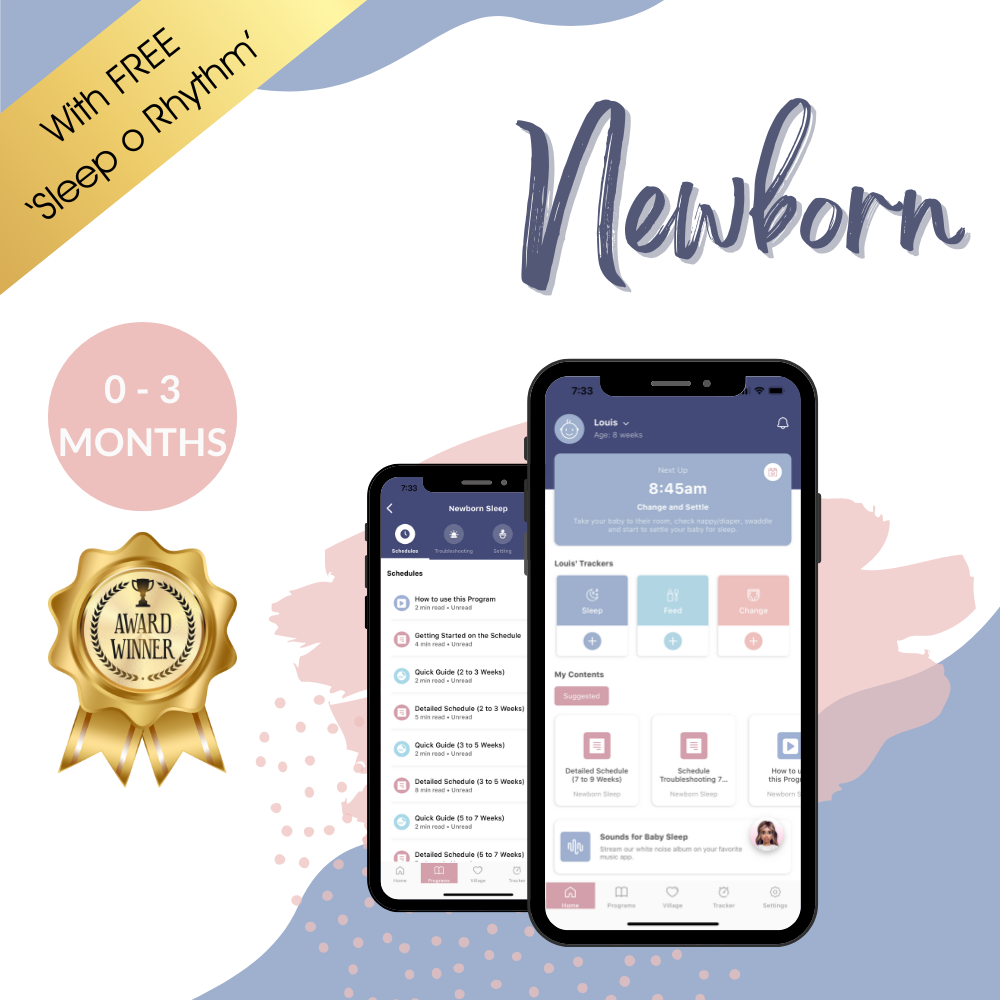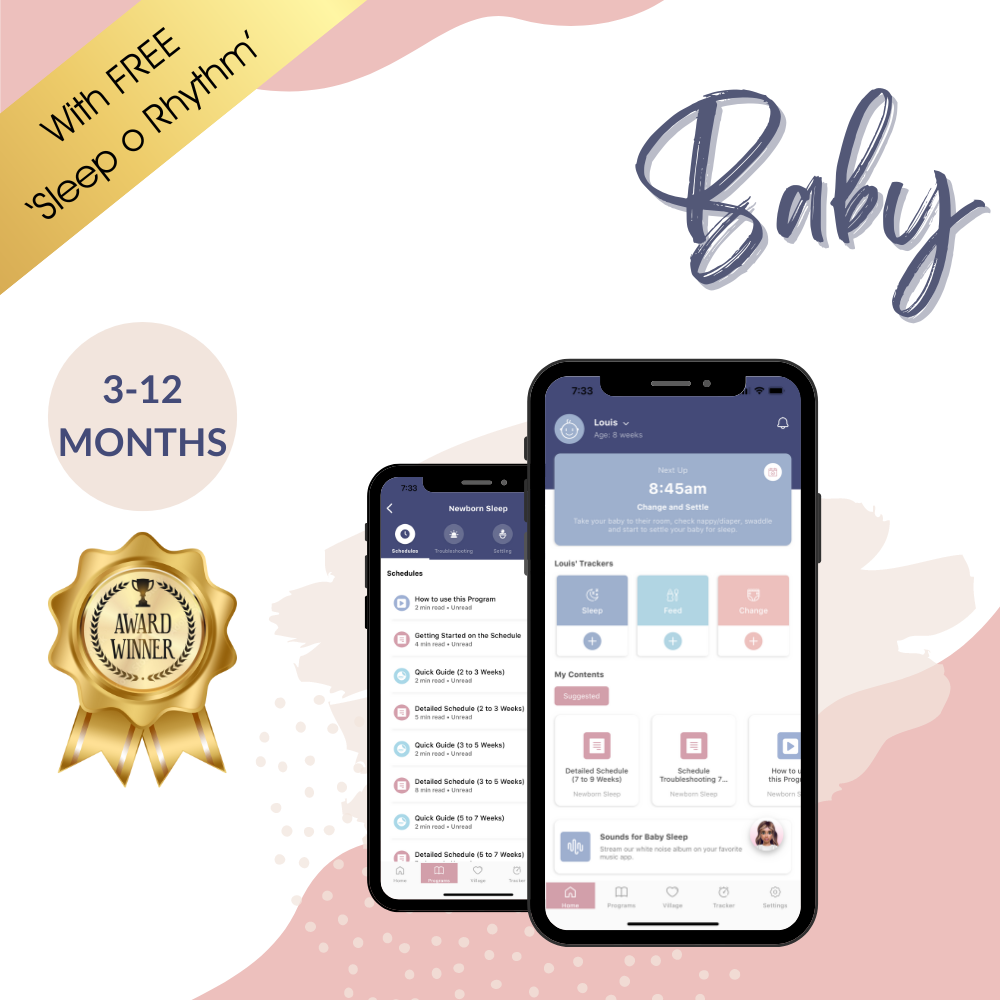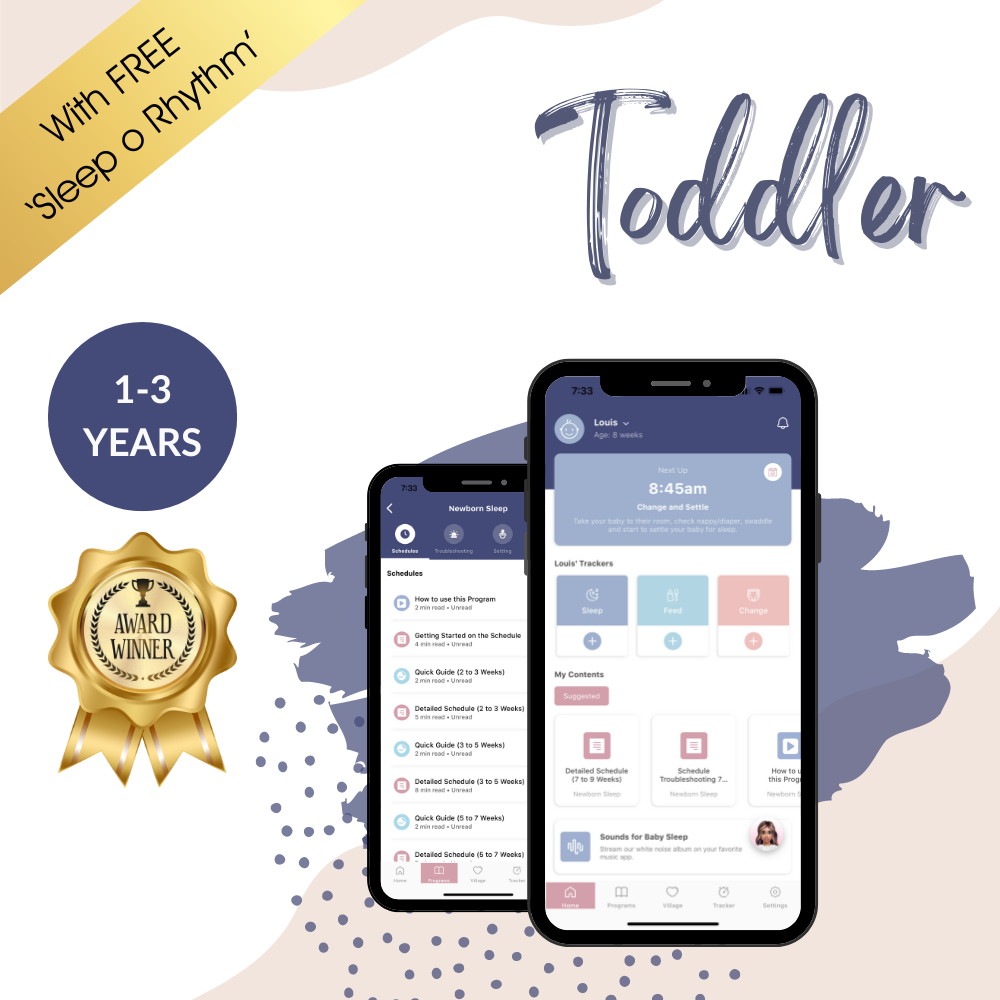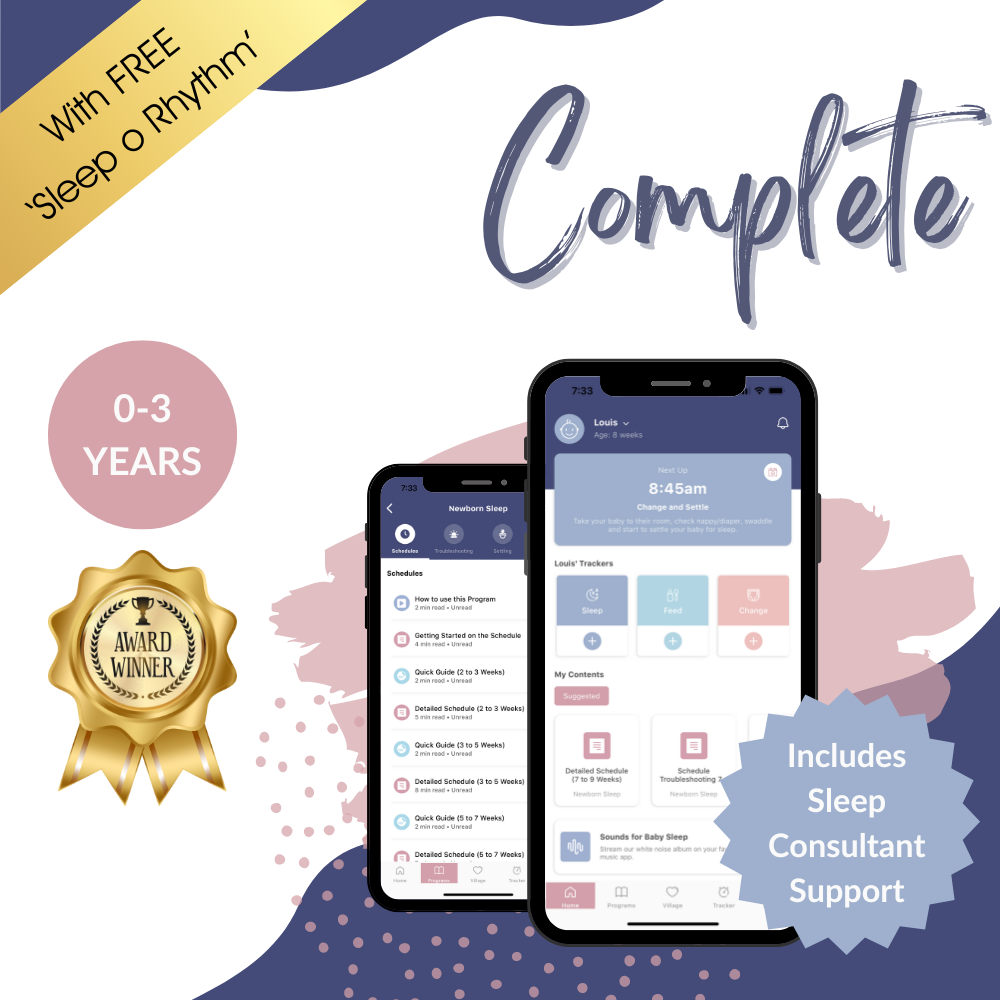
The importance of self-kindness…
Imagine for a moment you are out and about in a busy social setting. For example, a coffee shop. Then imagine as you walk through the shop you trip and fall over – right in front of everyone. How would you react? How would you feel? What thoughts might you have?
Then contrast that to how you might react if you were in that same situation but someone else tripped and fell instead. How would you react? How would you feel toward that person? What thoughts might you have?
More likely than not, in the first situation, where you were the one to trip over, you would have been very embarrassed. You would have felt humiliated, and maybe a bit ashamed. Your mind may have beaten you up a bit and told you negative things about yourself – like how clumsy you are, or how silly you are.
Yet, if someone else tripped and fell, it is likely that you would have put an arm out to help them. You would have probably said a soothing statement like “are you okay?” or “are you alright?”. You would have treated them with compassion and kindness. You would have checked if they were okay.
So why, when we fall, we do not show ourselves that same kindness, concern or empathy?
Why are we so good at being kind to others, yet struggle to be kind to ourselves?
A significant reason for this (and more typically in Western cultures) is because it is deemed self-indulgent to show ourselves kindness or compassion. Instead, we are often encouraged to “toughen up” and to “suck it up” in the face of hardship. The result being that self-kindness and compassion become synonymous with being self-indulgent and weak.
It's like having a sleep consultant in your pocket!
Help your family to sleep better with our Sleep Programs , trusted by medical professionals worldwide.
Get our Sleep Programs
Being hard on yourself, beating yourself up, or continuously trying to strive for perfection is a trap a lot of parents fall into. For example, if your baby doesn’t sleep, the immediate response is often “what am I doing wrong?”. If we take a while to figure out feeding or if we struggle to settle our baby, we may even tell ourselves that we are failing in our role as a parent; we are useless and no good at this. When our children have tantrums, or act out, we can question our parenting style and whether we are good enough at this job. If we have a tough day as a parent, we blame ourselves and feel guilty for feeling a desire to run away or for snapping at our children.

Whatever the situation, when it comes to parenting, we are hard on ourselves and judge ourselves harshly. Very rarely do we build ourselves up, focus on what we are doing well, or provide ourselves with kindness and care.
Again, compare this to how we respond to other parents with similar struggles and hardships. When other parents tell you about their struggles, how do you respond? I highly doubt that you would tell them they are failures as parents or that they are doing a terrible job! If they are struggling to feed or settle their baby – do you tell them they are rubbish, or no good? Or do you comfort and reassure them? I suspect there is a stark contrast between how you judge and respond to yourself, and how you treat others.
This inability, or unwillingness, to be self-compassionate comes at a real loss. Research shows that self-compassion can increase our overall well-being, as well as our emotional resilience – a key trait that enables us to cope well with adversity.
In addition, self-compassion has been shown to increase happiness, provide greater satisfaction in life, improved relationships, and better physical and mental health. These are some very good reasons why you should start being kind to yourself, even if at first it feels tough and goes against your conditioning.
So, how do we learn to be self-compassionate and kind?
First, we have to remember that we are human. And, as humans, we are fallible. This means that we are going to make mistakes as we learn. We are not born knowing how to do everything, we must learn as we evolve and take on new tasks and roles – including parenting.
And guess what happens when we learn? We make mistakes. Yet, for some reason we expect perfection. We forget that making mistakes is an innate part of being human. So when we do make these inevitable mistakes, instead of accepting this as part of the human condition, we beat ourselves up. Therefore, to foster self-compassion and kindness we first need to accept that making mistakes is part of learning and part of being human.
Say goodbye to sleepless nights.
Join over 800,000 families worldwide who are enjoying excellent sleep with our Sleep Programs, created by experts in the field of pediatric sleep.
Get our Sleep Programs
Second, and related to this, as the Buddha once said – life is suffering. I do not think Buddha was taking a fatalistic perspective on the world when he suggested this, but rather was highlighting that life invariably includes suffering. Yet, again, we often forget this and have unrealistic perspectives and expectations as to how life should look. And, by taking this perspective, we set ourselves up for failure.
When suffering does occur, or when we are faced with hardship, we see this as unfair or unexpected rather than accepting that any such hardship is part of being human and was always expected. When we do not expect hardship and suffering, we are ill-prepared to respond when it does occur.
To foster self-kindness and acceptance we need to take a more mindful approach to how we live and how we feel. Instead of trying to suppress or distract ourselves from strong emotions, we need to open up and be willing to experience pain. Although this can feel counterintuitive, when we are open to experiencing pain we are more able to deal with this in a way that is health promoting, rather than limiting. For example, drinking one too many wines when we feel stressed or eating a casual row or three of chocolates after a tough day. When we are more willing to experience pain, we are less likely to act in these self-limiting ways.
Finally, once we are aware of how we feel and accept this as part of being human, we can start responding to our own needs. When we can tune in and pay attention to how we feel, we can then ask ourselves – what do I need in this moment? To answer this, you may also like to consider – how would I respond to someone else who feels like this?
In psychology, one of the key parts of therapy is simply validating a patient’s experience. Therefore, one key way you can respond to yourself in a hard or tough moment may be stating – “if this feels hard right now, that’s because it is” or simply, “this feels tough”.
When we care for others we often reach out an arm, or give them a hug. Therefore you may also like to hold yourself, a simple hand across your chest can do wonders. You may then like to reassure yourself, just as you would others, for example, “you are going to be okay” or, “this too shall pass”. Being able to reassure yourself, hold yourself and validate how you feel are some of the most simple ways that you can respond to your own needs.
Life can be tough, and there are moments that will no doubt feel harder than others. And, at other times, life can be wonderful. To meaningfully navigate the ups and downs it is about learning how to manage those tougher moments, or harder parenting days, when they arise. The key is to drop the struggle, drop the self-loathing and deprecation, and treat yourself how you would others – and that is, I hope, with kindness.





